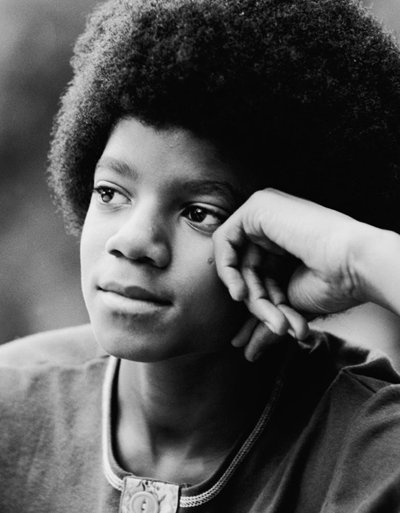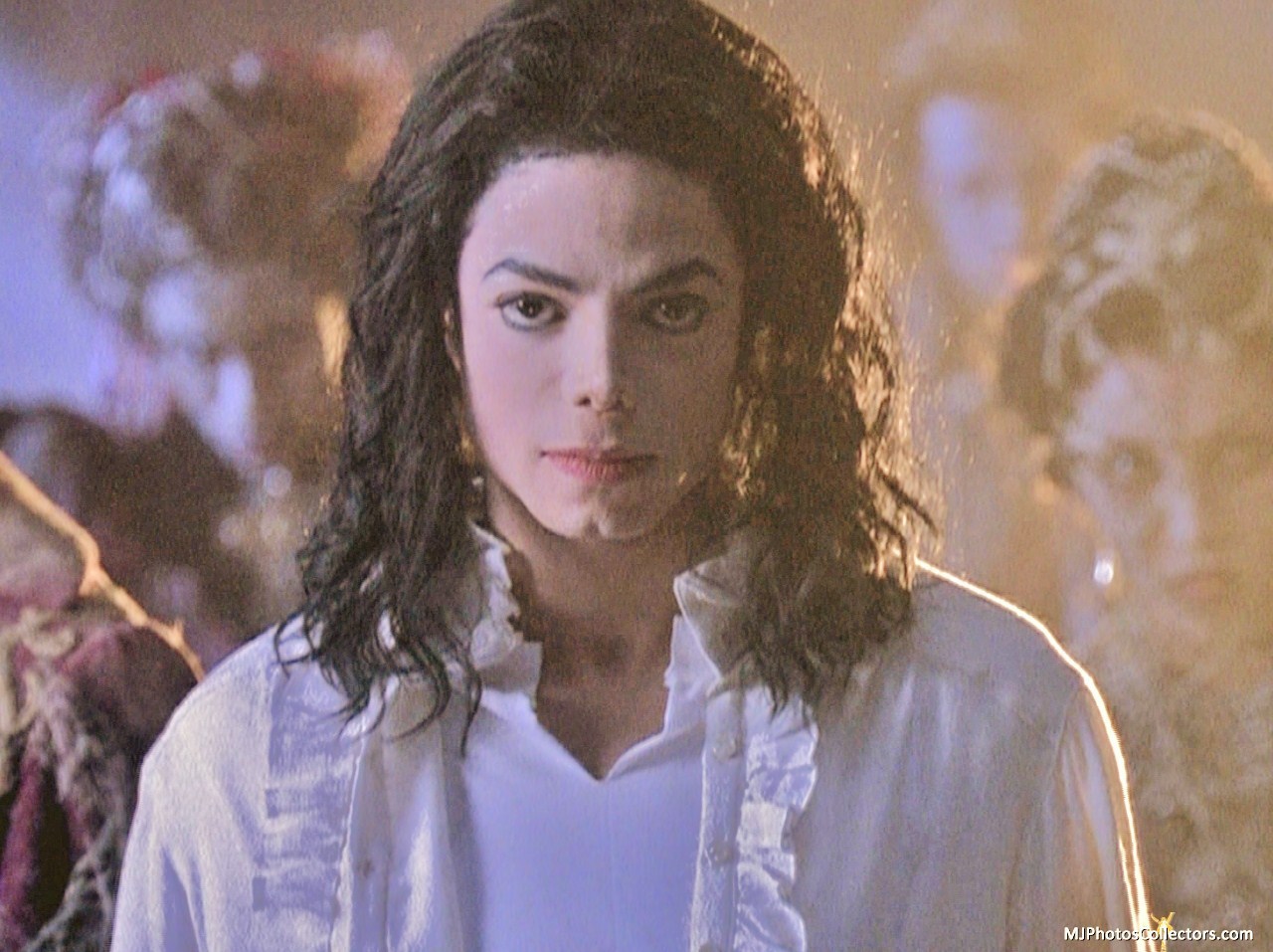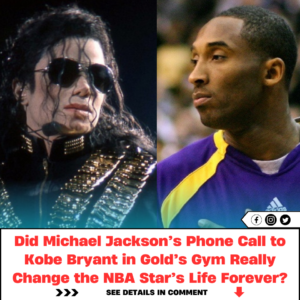Michael Jackson was one of the most iconic musicians and entertainers of the 20th century. From a young age, he was propelled into stardom as the lead singer of The Jackson 5 alongside his brothers. However, behind the glittering façade of fame and success, Jackson endured many personal tragedies and struggles that profoundly shaped his life.

Loss of Childhood Innocence

Jackson’s childhood was marked by an abusive and exploitative father who recognized his children’s talents and ruthlessly molded them into money-making performers. Joe Jackson subjected his children to emotional and physical abuse, controlling every aspect of their lives. As Jackson later reflected, “When you’re in show business from the time you’re seven, you’re a child who’s expected to act like an adult. This business is tough and it can rip your childhood away from you.” The constant pressure to rehearse and perform deprived Jackson of a normal childhood. He also revealed that he had missed out on fundamental childhood experiences like playing with friends or even riding a bike. This loss of innocence stayed with Jackson throughout his life.
Intense Scrutiny and Loss of Privacy

As the frontman of The Jackson 5, Michael was thrown into the spotlight at an incredibly young age. He quickly became a public figure whose every move was scrutinized. Jackson spoke of the difficulties dealing with fame from such a young age: “When you’re famous, you don’t have any privacy. You can’t make any mistakes. You can’t try things out. You can’t relax.” The constant pressure of being in the public eye with no privacy took its toll on Jackson. Tabloid media also frequently sensationalized aspects of his personal life, spreading mistruths and damaging his reputation. This intense scrutiny only intensified as Jackson’s solo career took off in the 1980s.
Altered Appearance and Perception of Self

Jackson’s changing outward appearance was a visual marker of his inner struggles. In the late 1970s, he broke his nose which led to the first of many rhinoplasty surgeries. Subsequently, the combination of surgeries, weight loss, skin conditions and changing hairstyles and makeup dramatically altered Jackson’s look over the decades. While some perceived this as vanity, Jackson revealed that he hated looking in the mirror and didn’t like how he looked. “I’d like to separate myself from myself. It’s like Jekyll and Hyde. I don’t want to be the Hyde part anymore.” For Jackson, the surgeries were less about vanity and more about low self-esteem and not recognizing himself.
False Allegations of Abuse
In 1993, Jackson was accused of sexually abusing a 13-year-old boy and was subjected to a highly publicized trial. While he settled out of court, the allegations had a deep impact. Jackson called it the worst time of his life. He began taking painkillers, valium, Xanax to cope with the stress. Although Jackson was never found guilty, and maintained his innocence, the allegations irreparably damaged his reputation. More allegations emerged in 2003 but Jackson was acquitted after a lengthy trial in 2005. The repeated accusations, despite acquittals, took an immense psychological toll on Jackson.
Drug Addiction
To cope with pain, anxiety, insomnia and the immense pressures of global fame, Jackson increasingly turned to prescription drugs. After being burnt filming a Pepsi commercial in 1984, Jackson was prescribed opioids to manage the pain. However, Jackson soon became dependent on the drugs. By the late 1980s, he was consuming large doses of drugs like morphine, demerol, valium and Xanax. Jackson’s employees reported finding him semi-conscious and having to administer drugs to get him ready for shows. After the child abuse allegations, Jackson’s drug dependence intensified. He sought help at drug rehabilitation centers on multiple occasions but struggled to maintain sobriety throughout his life.
The culmination of the tragedies Jackson endured manifested in struggling mental health. He grappled with depression, anxiety, insomnia, body dysmorphia and disordered eating habits. In 2002, Jackson dangled his baby son Blanket off a Berlin hotel balcony, prompting speculation about his mental stability. He was prescribed medications to treat anxiety, depression and insomnia. However, Jackson’s drug dependence interfered with any meaningful treatment. He also isolated himself socially. Those close to him reported erratic behavior and paranoia in his final years, likely due to mental health issues exacerbated by drug problems.
Impact on His Music & Legacy
The difficulties in Jackson’s personal life were often reflected in the themes of his music. Lyrics about loneliness, isolation, mistrust and anxiety permeated songs like “Leave Me Alone,” “Childhood,” “Scream” and “Stranger in Moscow.” However, music was also Jackson’s escape. The creative process allowed him to channel the trauma from his life into art that resonated with millions worldwide. Despite not touring for over a decade, albums like HIStory cemented Jackson as the King of Pop with a legacy that endures today.
Though the fame and success Jackson attained came at deep personal cost, his raw artistry allowed him to connect with audiences worldwide. His tragic life informed his creative genius. Off stage, Jackson was a vulnerable human struggling to cope with the pressures of global celebrity. But through his music, he built an immortal legacy as one of the greatest entertainers of all time. Jackson’s life was irrevocably shaped by the tragedies and troubles he endured, but ultimately his art triumphed over adversity.





